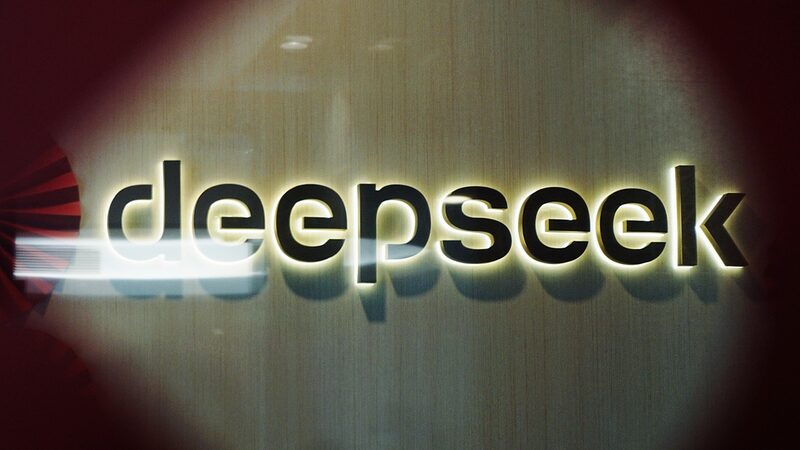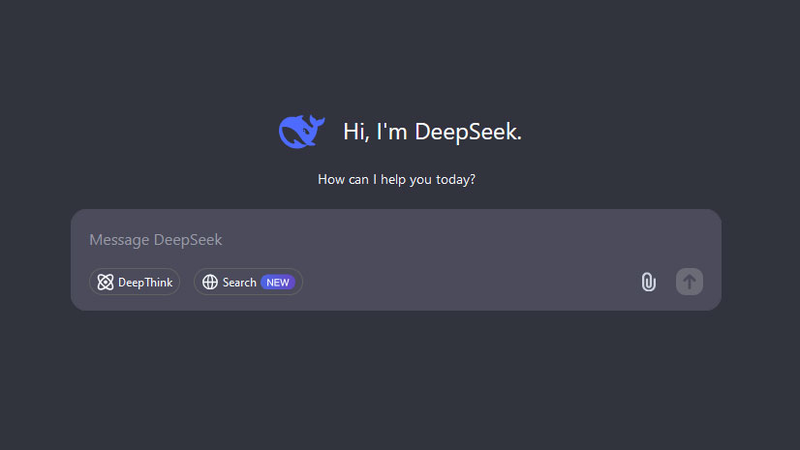Researchers are increasingly embracing artificial intelligence (AI) for scientific research, according to a recent survey released by global publisher Wiley. The survey predicts that within the next two years, AI tools will be widely accepted for preparing papers, writing grant applications, and conducting peer reviews.
The survey collected responses from 4,946 researchers across more than 70 countries, evaluating their current use of generative AI tools such as ChatGPT and DeepSeek, as well as their views on the potential applications of AI in research.
Findings indicate that most respondents believe AI will become an integral part of scientific research and publishing. Over half of the researchers surveyed rated AI as superior to humans in more than 20 tasks, including reviewing large volumes of literature, summarizing research findings, detecting writing errors, checking for plagiarism, and organizing citations. Additionally, more than half anticipate that AI will become mainstream in 34 out of 43 research-related tasks within the next two years.
Among the respondents, 27 percent are in the early stages of their careers. Of those surveyed, 45 percent (1,043 individuals) reported already using AI in their research, primarily for translation, proofreading, and manuscript editing. Among these AI users, 81 percent have utilized OpenAI's ChatGPT for personal or professional purposes, while only one-third are familiar with other generative AI tools such as Google's Gemini and Microsoft's Copilot.
The survey also highlighted significant disparities across different disciplines and regions, with computer scientists being the most likely to integrate AI into their work.
A report published in Nature on January 23 further supports these findings, highlighting that the Chinese mainland-built large language model DeepSeek-R1 is garnering attention as an affordable and open alternative to reasoning models like OpenAI's o1. Initial tests of DeepSeek-R1 have demonstrated performance on certain tasks in chemistry, mathematics, and coding that is comparable to OpenAI's o1.
The report suggests that models like DeepSeek-R1 offer capabilities beyond early language models in addressing scientific problems and hold significant potential for future research applications.
Reference(s):
cgtn.com








